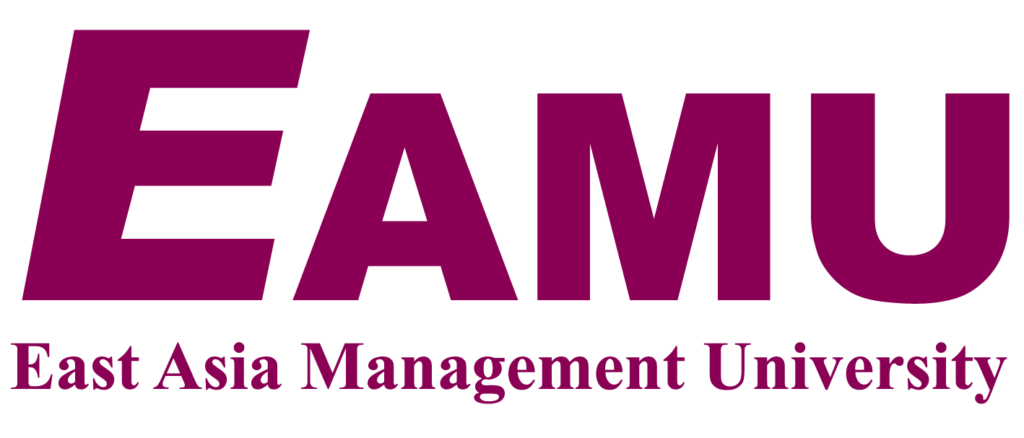BSc (Hons) in Logistics and Supply Chain Management

Programme Introduction
The logistics and supply chain industry is an important driver of economic growth, and is increasingly important in today’s globalisation and ecommerce evolution. The important roles of transportation and communication of economic activities cannot be overemphasized. This program is designed to provide students with knowledge in purchase and procurement, supply chain management, warehouses and distribution centres management, along with an understanding of global supply chain constraints as well as the legal implications.
The programme in Logistics and Supply Chain Management (LSCM) is offered to equip students with the technical knowledge and skills to commence and upgrade their career prospects in a dynamic industry of logistics. It is practical-based in nature which seeks to equip students with the technical aspects of logistic and supply chain management. It covers subjects like Transport Management, Warehousing Management, E-Commerce with Logistics, Project Management and Project Work, Supply Chain operations and other useful subjects in business.
To enter EAMU, students are required to provide the required documents and meet the criteria for admission as follows:
a) Admission documents requirements
- Completed Application Form
- Payment of application fee
- Copy of Baccalaureate/Certificate of National High School Exam/Equivalent Certificate (Officially stamped & approved by communal authority)
- Copy of Transcripts
- Copy of IELTS/TOEFL/Equivalent English Proficiency Certificate (if any)
- Copy of Birth Certificate/National ID
- Copy of Passport for International students or Below age of 18
- Recent Passport-size (4×6) Photographs (at the back is written with name and birth of date
b) Academic requirements for admission to Year 1
- Possess a Pass in the National Bac II Qualification;
OR - Hold an equivalent certificate to High School level e.g. GCE ‘A’ level.
AND - Attain a minimum English proficiency of IELTS 5.5 or equivalent e.g. TOEFL or Cambridge English accepted to gain direct entry into Year 1 of degree course.
- Possess a Pass in the National Bac II Qualification;
The Alternate student admission pathway entry requirements are directed at matured adults who have acquired sufficient working experience and competencies to contribute in quality learning in the classrooms.
- Obtain at least a Year 10 certificate with minimum ‘C’ average;
AND - At least 8 years of working experience with at least 3 years at supervisory or managerial level.
AND - English Proficiency of IELTS 5.5 or equivalent.
AND - Attend an interview with Head of school to determine suitability
- Obtain at least a Year 10 certificate with minimum ‘C’ average;
c) Academic requirements for Transfer-in students into Year 2
- Possess an accredited Degree Foundation Year certificate;
AND - Attain a minimum English proficiency of IELTS 6.0 or equivalent
AND - Attain an English proficiency of IELTS 5.5 before entering the Foundation Year course in the previous institution, AND complete a full year of Foundation year study in English medium
- Possess an accredited Degree Foundation Year certificate;
*Note: all Transfer-in applications need to be approved by MoEYS and may result in additional bridging subjects of Year 1 before proceeding or concurrent to Year 2 degree program.
Conditions for obtaining a degree
- Students must successfully complete all subjects and achieve the total number of credits required by the program; AND
- Write and present the Honours Thesis Defense report successfully; AND
- Take and pass the Exit/state examination.

Programme Learning Outcomes
A. Knowledge
PLO1. Acquire a good understanding of key concepts and theories in logistics and supply chain operations and management;
PLO2. Gain a good understanding of the relationship and importance between logistics and supply chain to both local and global businesses;
PL03. Equip with the specialized knowledge and skills on subject matters of logistics and supply chain along with the use of information technology to facilitate its data analysis and system integration;
PLO4. Discuss the roles and responsibilities of logistics personnel in providing logistical support and services to public organisations and business entities;
B. Cognitive Skills
PLO5. Demonstrate the ability to retain and deploy the knowledge and skills taught in lessons and practices with attention to details;
PLO6. Demonstrate the ability to apply knowledge and skills with confidence and professionalism in case studies, practical situations and in real-life internship conditions when available.
PLO7. Demonstrate good analytical and evaluative skills to solve structured and situational issues and problems through critical thinking, and logical sound reasoning;
C. Interpersonal Skills and Responsibility
PLO8. Demonstrate effective communication and interpersonal skills to influence and operate as a team leader;
PLO9. Display good personal discipline, time management and teamwork skills to achieve desired outcomes (shown in assessment results).
Foundation year
- 1. Business Mathematics
- 2. Study Skills
- 3. Fundamentals of Management
- 4. Introduction to Accounting
- 5. Cambodia Public Administration
- 6. Basic Economics
- 7. Communication Skills
- 8. Khmer Cultural Studies
- 9. Introduction to Business
- 10. Introduction to Information Technology
Year2
- 1. Management in Actions
- 2. Financial Accounting
- 3. Economics
- 4. Quantitative Analysis
- 5. Innovation & Entrepreneurship
- 6. Principles of Logistics and Supply Chain
- 7. Purchasing and Procurement
- 8. Warehousing and Inventory Management
Subjects

Year3
- 1. Transportation Management
- 2. Human Resource & Cross Cultural Management
- 3. Logistics Safety and Risk management
- 4. Supply Chain Management
- 5. Operations Management
- 6. E-Commerce
- 7. Talent Development - Internship
Year4
- 1. Corporate Governance (Managing Change)
- 2. Systems design
- 3. Exploring Strategy
- 4. Strategic Global Sourcing (GSCM)
- 5. Project Management
- 6. Research Methods
- 7. Honours Project/ Dissertation
Career Opportunities
Graduates of this degree is equipped with the necessary knowledge, skills and practical expertise to work in a wide range of industries and in both public and private sectors. Our LSCM degree graduates can work in either the manufacturing or service organisations in positions such as:
Purchasing agent/ manager
Operations manager
Supply chain manager
Logistics analyst


